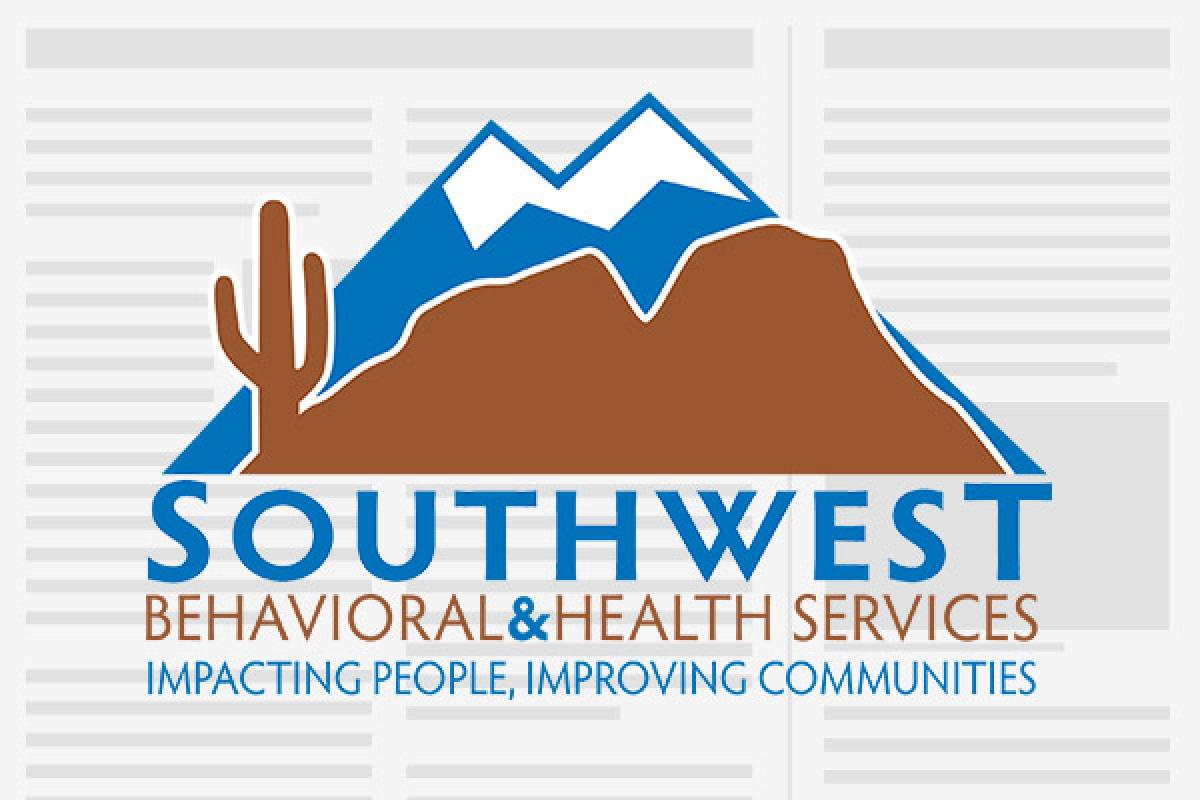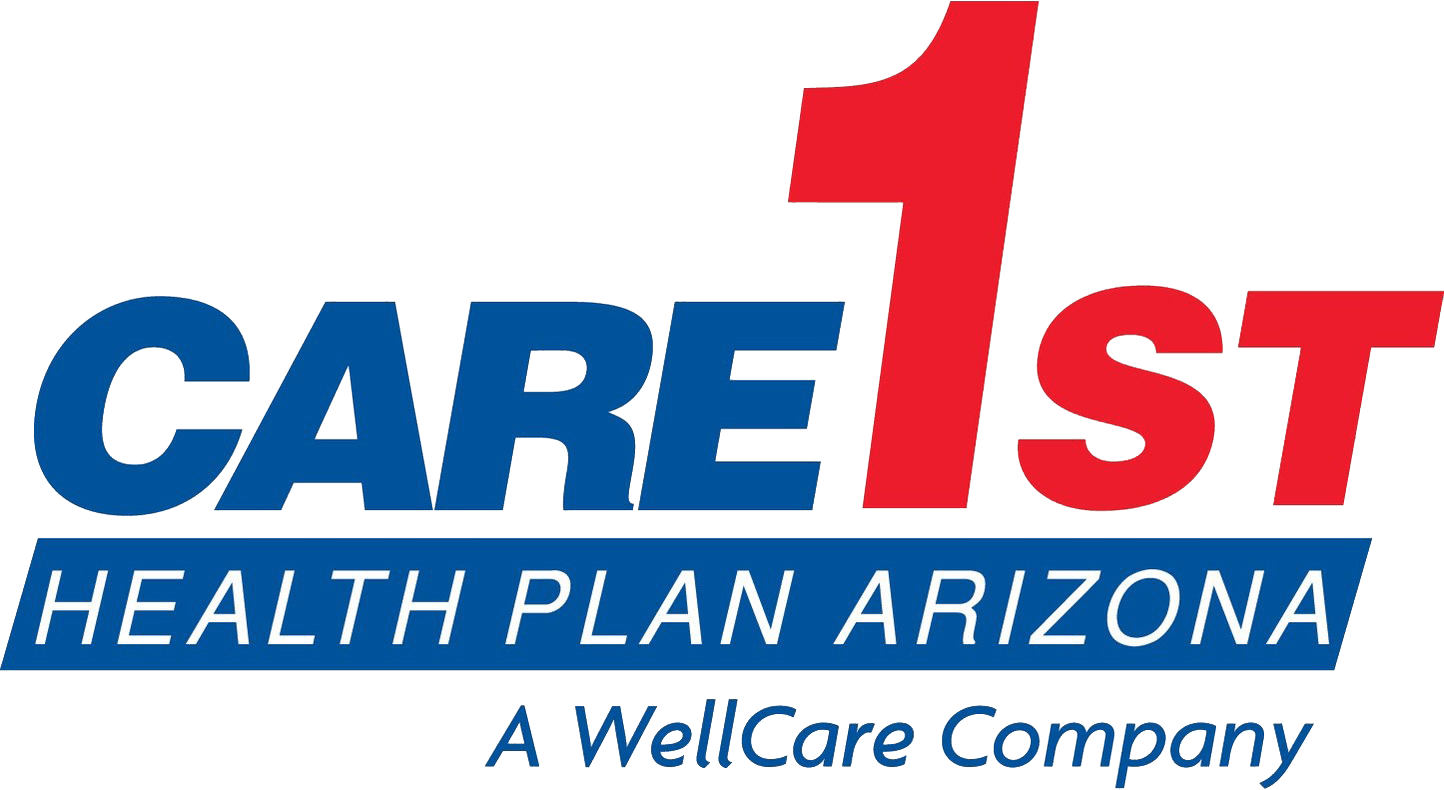
According to a recent report by The Institute for Behavioral Health (IBH) in partnership with the Center on Young Adult Health and Development (CYAHD) at The University of Maryland School of Public Health, the problems of failure to graduate high school and substance abuse are closely interrelated. It is difficult to tease out which is the cause and which is the effect. Research suggests a bidirectional relationship; in other words, it is a dynamic of a number of factors that sets in motion a vicious cycle of academic failure and substance abuse issues.
As the young person moves along the continuum from experimentation to social use to habitual use toward addiction, the reward structure in the brain becomes altered. This means that the student is less able to gain pleasure and pride from personal achievement and learning. They increasingly need the drug to feel that sense of pleasure and satisfaction. Many studies mentioned in America’s Drop Out Crisis report a number of serious cognitive damage that results from substance abuse. Among these are deficits in memory, attention, executive functioning, planning, and spatial perception. Impaired decision-making and problem-solving are additional factors that negatively affect academic performance.
This complex problem presents a substantial cost to our society, not to mention the detrimental effect on countless lives. 7,000 students drop out of high school each day, which represents over one million per year. Of all the students currently enrolled in school, 25% will drop out. And among those students who use marijuana regularly, there is a 60% decrease in likelihood that they will graduate high school as compared to the graduation rate among those who don’t use.
The good news is that research shows that if teens stop using drugs and alcohol, their risk of dropping out decreases. In the cases of kids who have already dropped out, reentry into school can be successfully encouraged when the substance abuse ceases. There is plenty a parent can do to intervene and get treatment when their child has started down the path of substance abuse. Act, don’t wait.
Of course, prevention of such problems is far preferable whenever possible. Kids whose parents have spoken with them, as early as the preschool years about the importance of staying healthy, and later in the elementary years about more specific dangers of alcohol and drugs, have a much lower likelihood of ever starting. DrugFreeAZKids.org has many resources to help parent educate themselves first, and then get the conversation started. Check out, as well, our free Active Parenting workshops across the valley for more in-depth exploration of the kind of parenting that results in prevention of these and many other problems for our kids.














